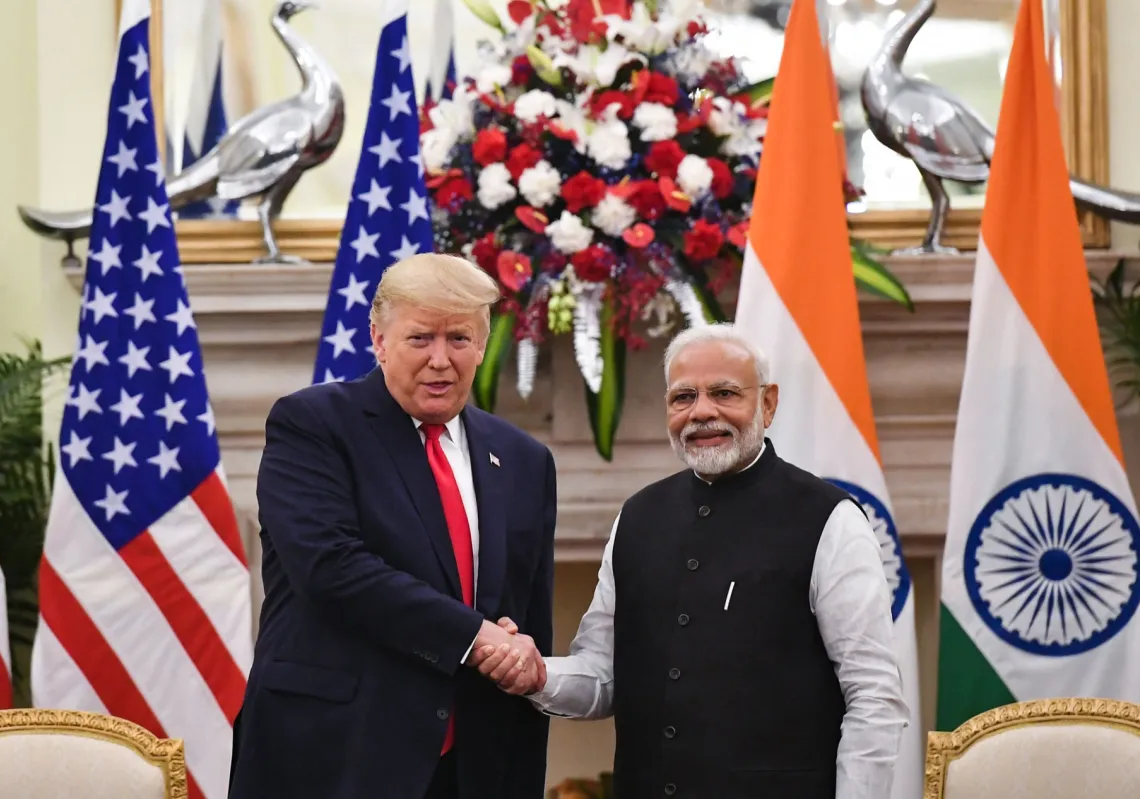Egypt launched a vaccination campaign against the coronavirus on January 24 with the first shots given to healthcare workers at hospitals designated to isolate and treat COVID-19 patients across the country.
Egypt opted to use the Chinese-made Sinopharm vaccine for the first wave of the country’s rollout as it requires refrigeration storage rather than the ultra-low temperatures. The government received 100,000 doses of the vaccine from the United Arab Emirates in December.
More doses of the Sinopharm vaccine are expected to arrive in the coming days to inoculate all healthcare workers, health officials said.
"We will receive more vaccine shipments next week," Minister of Health and Population Hala Zayed told Egyptian TV channel ONTV on January 24. "We have already paid for these shipments."
Egypt took part in the clinical trials for several vaccines, including Sinopharm. Zayed was one of the thousands of Egyptians who volunteered in the trials in September last year.
Experts say the inoculation of health service workers is a critical step on the road to reducing the infection rate.
“Healthcare workers are the first line of defence against the pandemic,” Abdelmonem Shehab, a member of the Committee on Health at the House of Representatives, told Majalla.
Next, Egypt will vaccinate elders and those suffering from chronic diseases, Zayed said. The programme will then be rolled out to the rest of the population.
The Ministry of Health and Population says it will launch a website through which the public can book an appointment for the jab.
Egyptian President Abdel Fattah al-Sisi said in December that the vaccine would be free for all.
While the Covid vaccine is voluntary, health authorities say a minimum of 70% of the population must be immune to the virus to achieve herd immunity and reduce infections and deaths. "For the vaccine to eradicate the virus, we must immunize 70% of the population," Zayed said.
The launch of the vaccine campaign comes as Egypt continues its fight to reduce Covid-19 infections and deaths. The daily infection and death rates have been rapidly declining in the last three weeks. On January 24 there were 674 new cases, down from 1,418 on December 31, the highest daily infection rate since August.
Health authorities took a series of measures to slow the spread of the virus, including suspending school and universities and making facemasks mandatory in public places, including government offices, supermarkets, shopping malls and public transport. The government also indoor weddings and funerals ceremonies.
"The measures taken by the health authorities in the past weeks were very effective in bringing the number of infections down," leading pulmonologist Rushdi Youssef told Majalla.
Over 360 state-run hospitals offer free treatment for Covid-19 treatment. However, the pandemic has put immense pressure on the healthcare system, leaving most hospitals overwhelmed with patients in the last two months.
In an effort to alleviate the pressure on hospitals, the health ministry launched a new initiative offering care to Covid-19 patients at home, especially those with mild to moderate symptoms.
The initiative requires doctors and health service providers to visit Covid-19 patients at home to check their temperature and oxygen levels, ensuring that patients would be transferred to hospitals if their conditions moved from moderate to severe.
"This initiative is proving very effective in reducing the number of people who need hospitalization," Shehab said.
Zayed revealed on January 24 that the health ministry would sign an agreement with a major company to manufacture Covid-19 vaccines locally for its national immunization programme and exportation to the African continent.
She added that Egypt has the facilities necessary to manufacture the vaccine at a large scale and expected manufacturing to begin within weeks.
The health minister visited a vaccine facility in southern Cairo on January 17 to check preparations for the locally-produced vaccines.
The complex, which cost the Egyptian government $9 million to construct, contains 35 fridges and 30 storehouses.
Meanwhile, health specialists say the vaccines' local production will significantly help make vaccines available for all Egyptians and reach herd immunity .
Egypt's population of 100 million needs 200 million doses, assuming that all members of the public will want to be vaccinated.
Apart from being a financial burden on the Arab country, Egypt’s population size also means it will be impossible to inoculate the entire country in the foreseeable future, particularly with the international rush for vaccines.
"The local production of the vaccines will help to make it available to all citizens," Mahmud Abulnasr, a member of the Committee on Health at the House of Representatives, told Majalla. "This will save a lot of money and help our country become a vaccine production hub for Africa."









